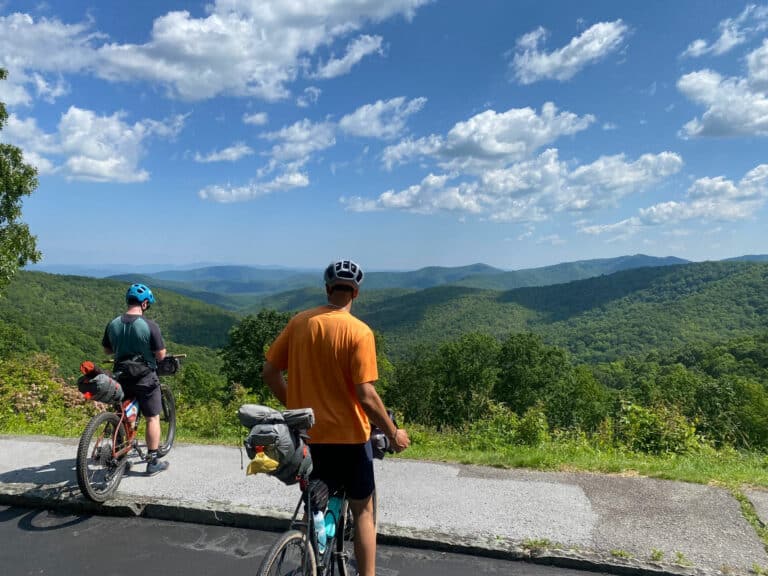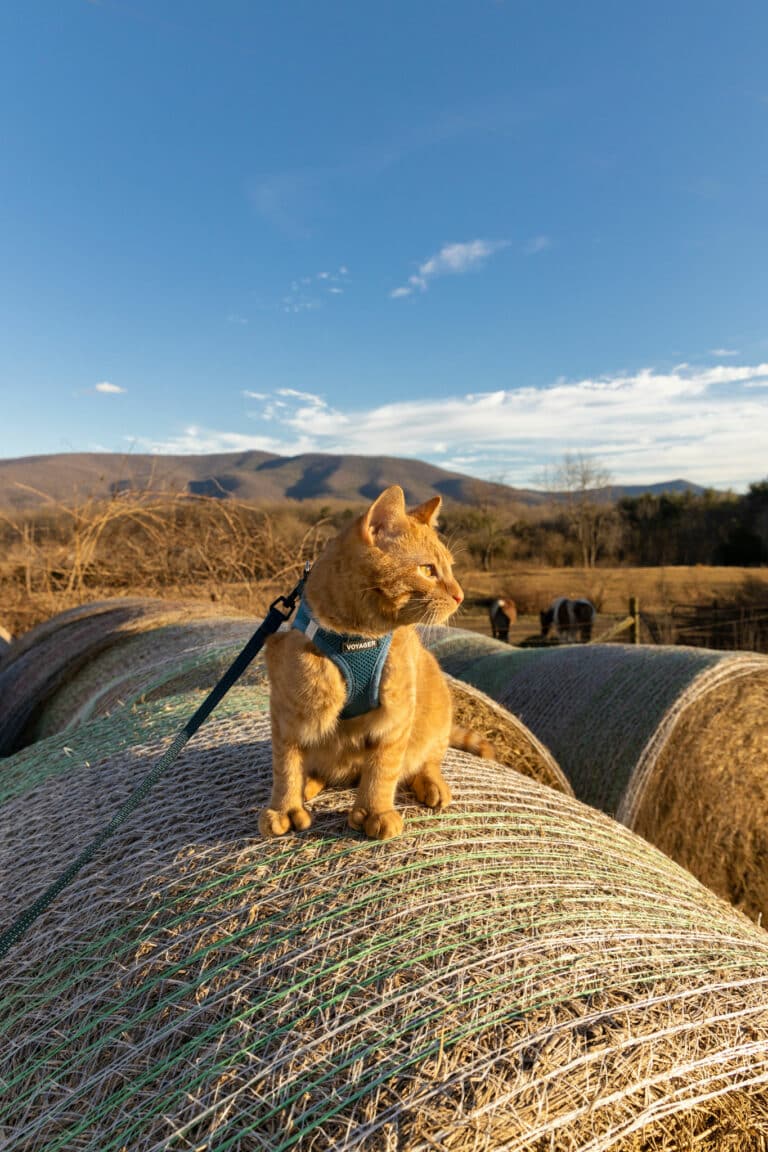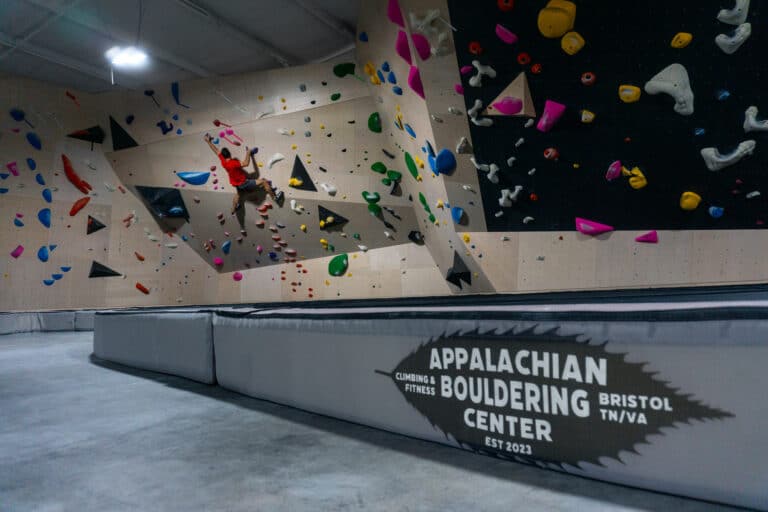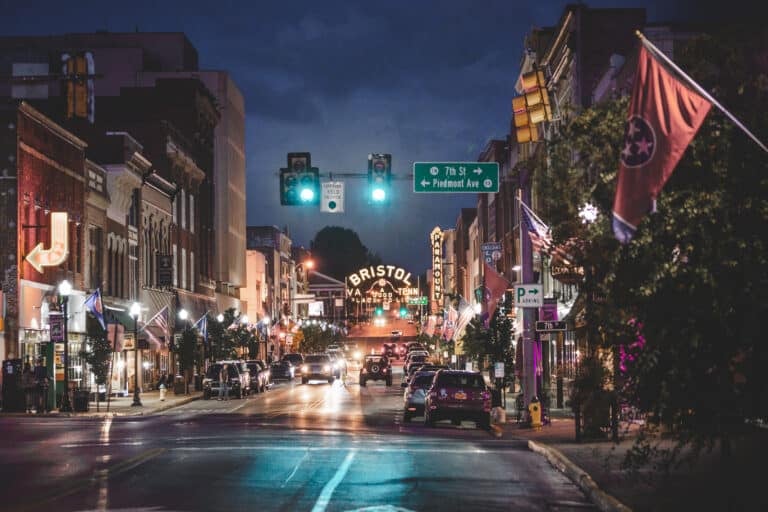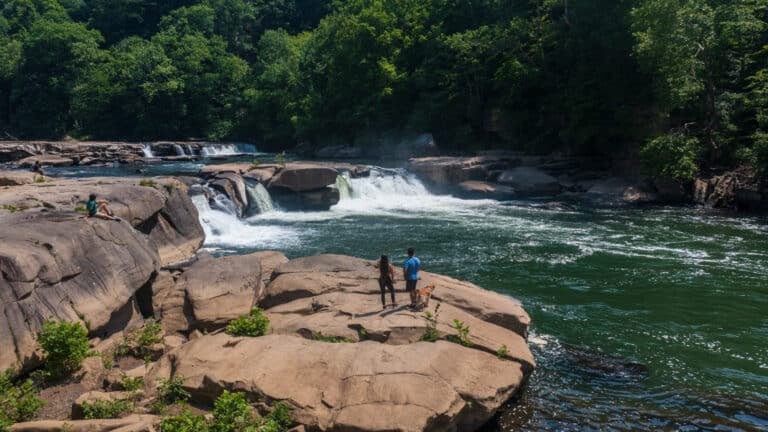What’s the best way to protect waters threatened by pollution and encroaching development? Recreation is the answer, says American Rivers. The D.C.-based nonprofit just unveiled its Blue Trails Guide, highlighting the best in river recreation.

A blue trail is the water equivalent of a hiking trail. Specific routes are developed on existing bodies of water with the idea of giving canoeists and kayakers a destination adventure.
“Blue trails provide communities with more recreation opportunities and healthier rivers for years to come,” says Jamie Mierau, Director of River Protection for American Rivers.
The organization recently created its first blue trail on the Congaree River in South Carolina. The 50-mile trail starts in the capital city of Columbia before moving in the majestic hardwood confines of Congaree National Park. Along the way, paddlers can stop and camp on shoreline sandbars and explore granite quarries.

The creation of the Congaree River trail required cooperation of the South Carolina Department of Natural Resources, the National Park Service, a land trust, and two local counties. New blue trails are possible for the Southeast, but they will require efforts from land agencies and local communities.
“To have a successful blue trail, you need a group of partners who are dedicated to long-term maintenance,” Mierau says.
Blue Trails in the Southeast
Congaree River Blue Trail, S.C.
The first blue trail launched by American Rivers, the Congaree River Trail starts in Columbia, then continues downstream into Congaree National Park, home to the largest tract of old growth bottomland hardwood forest in the U.S. Work has begun on the 75-mile Wateree River Blue Trail, which will start near Camden, S.C., and continue to its confluence with Congaree.
Rappahannock River Water Trail, Va.
The 30-mile blue trail was developed after the removal of the Embrey Dam in 2004. The 30-mile trail helped build support for a critical 4,200-acre conservation easement along the river and resulted in streamside buffers that provide natural protection for Fredericksburg’s water supply.
Roanoke River Water Trail, N.C.
The Lower Roanoke River trail system features a series of water-bound camping structures that allow paddlers to do overnight trips in the water jungles of North Carolina’s coastal plain, which features old-growth habitat that’s home to black bears, river otters, bobcat, and over 200 species of birds.
